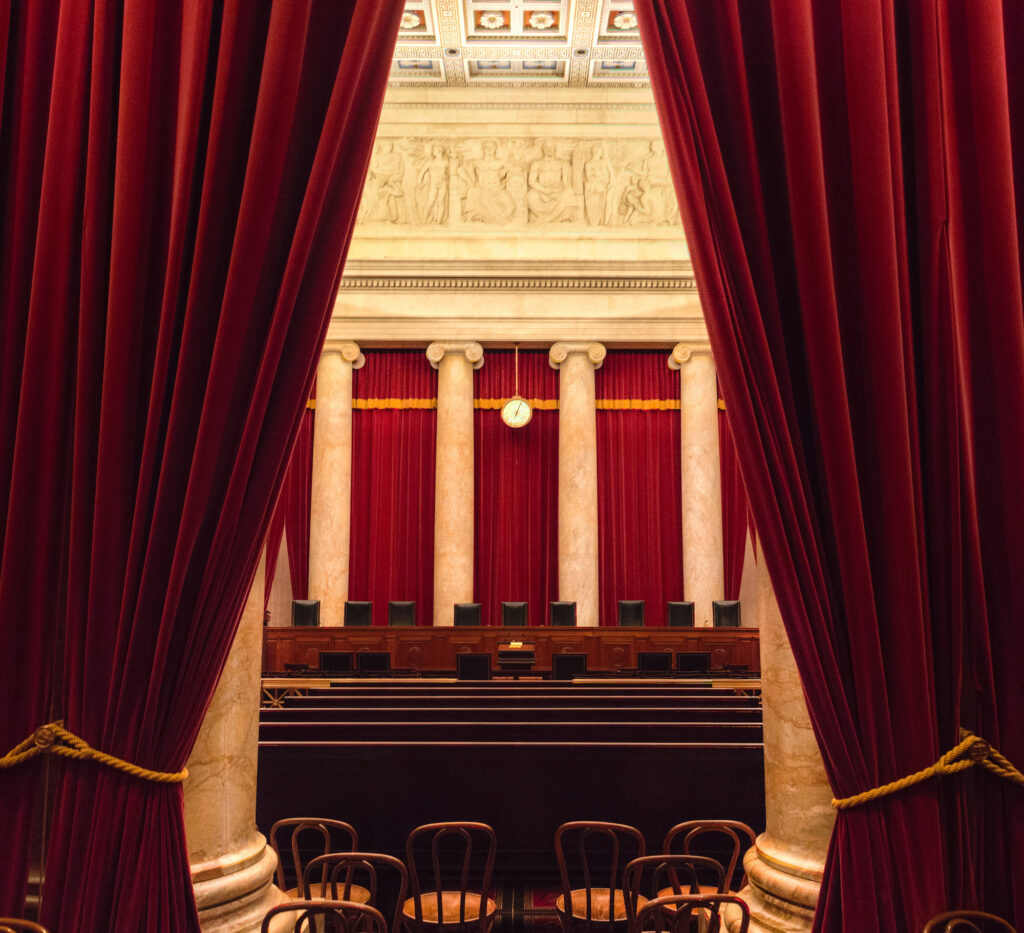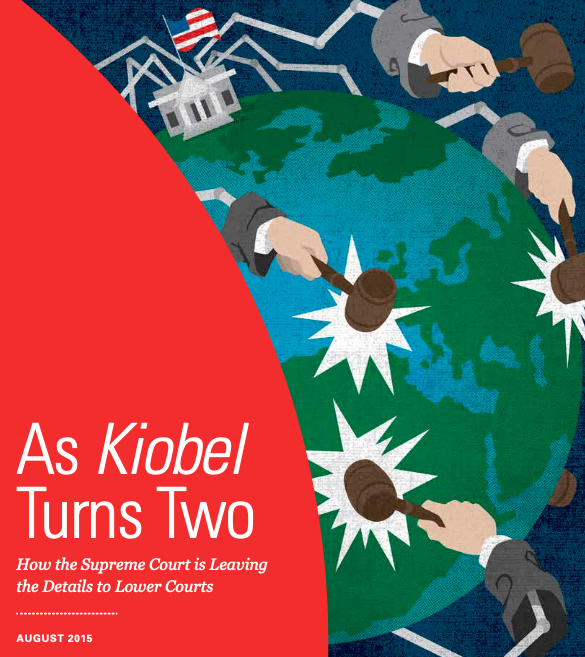On Monday, New Jersey enacted a law to ensure that its courts do not enforce fraudulent or abusive legal judgments made by foreign courts. Both houses of the state legislature cleared the bill without a single “no” vote, and outgoing Gov. Chris Christie signed it into law among his final acts in office.
This brings much-needed reform to New Jersey’s outdated law. The recognition and enforcement of foreign judgments is a matter of state law, so plaintiffs’ lawyers have a strong incentive to forum-shop for the most lenient state court system. For years, New Jersey had one of the country’s most exploitable foreign judgment recognition laws. Among other problems, the old law allowed for recognition of a foreign judgment on its face, without giving defendants any chance to contest its legitimacy. That was both unfair and unconstitutional.
New Jersey’s law is the most comprehensive to date to address foreign judgment recognition reform. In particular, it:
- Allows defensive lawsuits challenging the legitimacy of a foreign judgment.
- Requires those trying to enforce a foreign judgment to prove that it satisfied basic due process requirements.
- Allows defendants to challenge whether a foreign court had the proper jurisdiction over them, whether or not they participated in the foreign suit.
Among other improvements, New Jersey’s law will help avoid unjust results like those Chevron faced in 2012 when the Second Circuit ruled that New York law prevented the company from challenging a $9 billion fraudulent judgment awarded in Ecuador. A U.S. District Court judge subsequently ruled that there was “clear and convincing evidence” that the judgment was secured by “corrupt means.”
It is critical that U.S. laws strike the proper balance between recognizing legitimate foreign judgments and scrutinizing forum shopping and abusive foreign judgments. New Jersey deserves credit for successfully striking that balance and making itself a model state for foreign judgment recognition reform.


